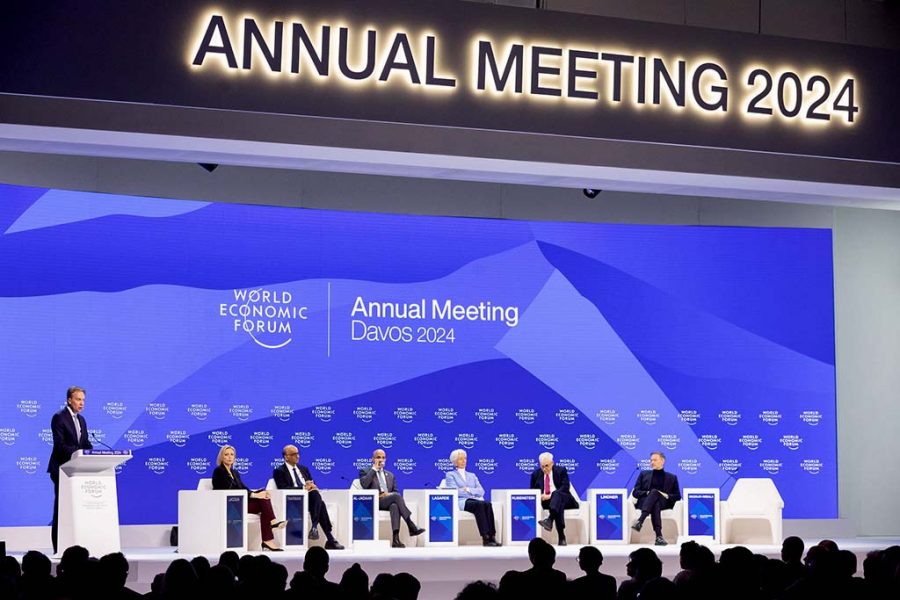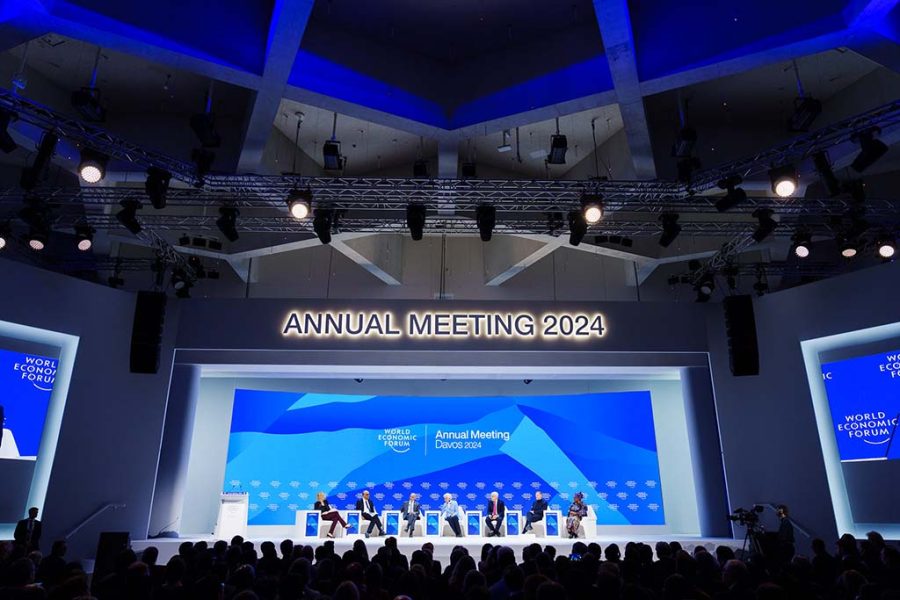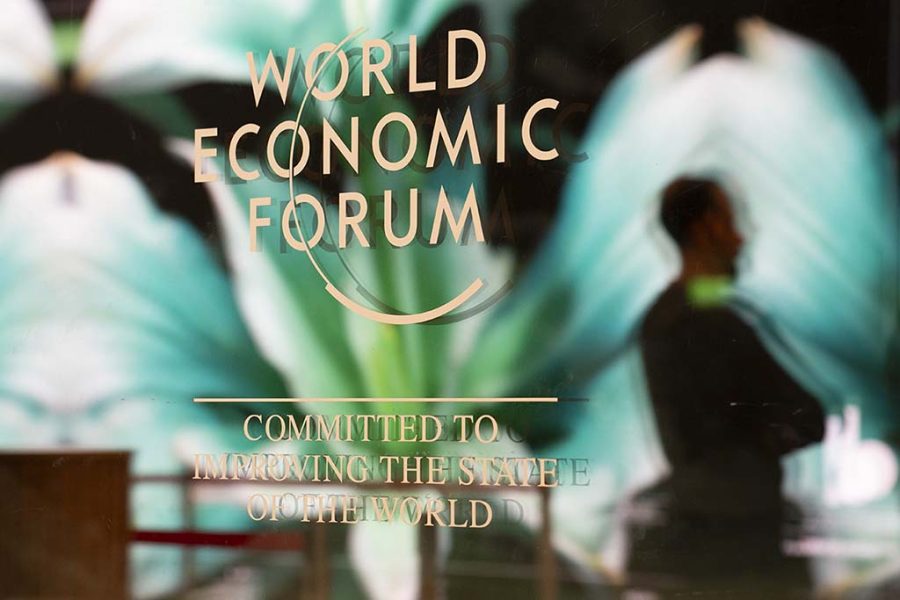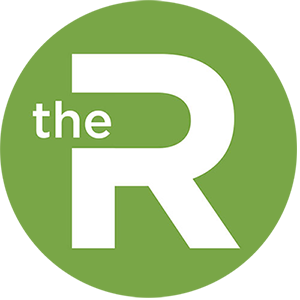At the 54th annual meeting of the World Economic Forum (WEF) in Davos, leaders from across the globe convened to restore trust and foster global solidarity amidst current economic and geopolitical turbulence.
The core theme of the meeting was the re-establishment of trust.
According to Mirek Dusek, Executive Director of the WEF, this theme directly addresses the erosion of trust evident in societies and between countries. Klaus Schwab, founder of the WEF, emphasised at the opening that there is a pressing need to rebuild confidence in our future and the ability to overcome challenges, as well as in each other. He noted the paradox of a world that is more interconnected yet more divided than ever.

The World Economic Forum’s Global Risks Report for 2024 highlighted three key risks facing humanity: dwindling trust in institutions and uncertainty about innovations, misinformation being the most significant short-term risk in a record election year worldwide, and social polarisation exacerbated by distrust in information sources.
UN Secretary-General Antonio Guterres expressed his shock at the systematic undermining of principles and standards once taken for granted, emphasising that rebuilding trust requires profound reforms in global governance to manage geopolitical tensions in a new era of multipolarity.

Regarding the economy, there was cautious optimism about the global economy, though significant concerns about potential pitfalls remained. Over half of surveyed economists anticipated a weaker global economy in 2024. Trade and the digital economy were seen as areas of potential growth and resilience.
The discussions on specific geopolitical issues were diverse and complex. Key topics included the war in Ukraine and its global consequences, rising international tensions and multipolarity, fragile states and regional conflicts, threats to cyber security and misinformation, and food and climate change.

The potential of artificial intelligence (AI) in various sectors, from healthcare and education to climate change mitigation, was widely recognised. The need for responsible AI development and governance frameworks was highlighted, along with concerns over AI bias, job automation, and misuse.
Advancements in clean energy technologies, the role of technology in adapting to climate change, the potential of blockchain technology for secure transactions and innovative applications, advancements in robotics for healthcare, manufacturing, and logistics, breakthroughs in genetic engineering and gene-editing technology, and the potential and concerns of the metaverse were among the topics explored.
The event, attended by over 2,800 participants, including more than 60 heads of state and government, served as a platform for showcasing innovations, highlighting potential benefits, and acknowledging ethical and societal considerations. Notable attendees included U.S. Secretary of State Antony Blinken, U.S. National Security Advisor Jake Sullivan, Israeli President Isaac Herzog, Ukrainian President Volodymyr Zelenskyy, Argentine President Javier Milei, UN Secretary-General Antonio Guterres, NATO Secretary-General Jens Stoltenberg, French President Emmanuel Macron, President of the European Commission Ursula von der Leyen, and Chinese Premier Li Keqiang.
Photo: flickr/worldeconomicforum
